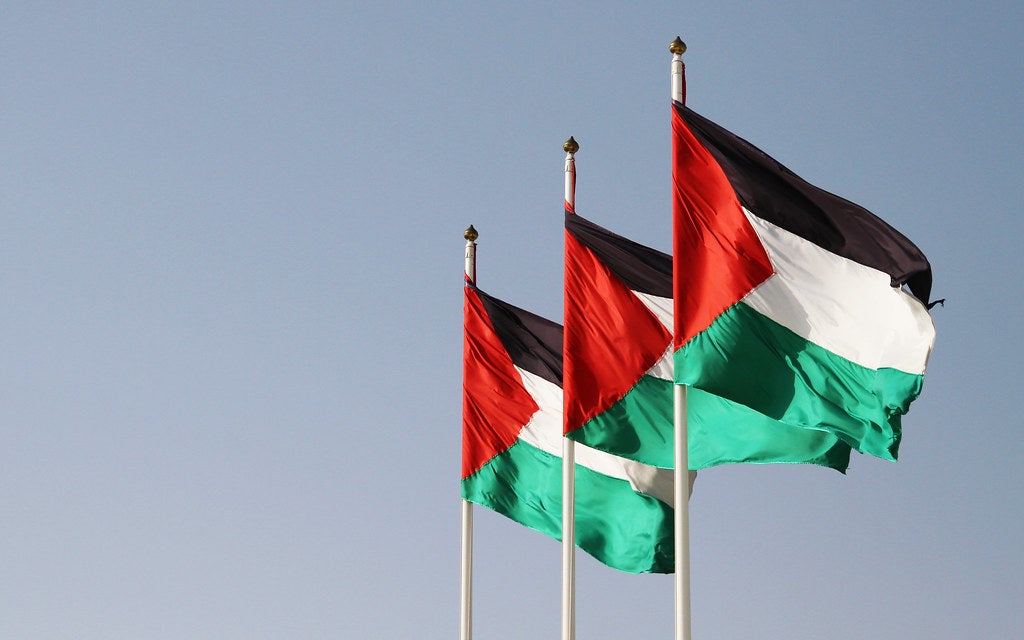Rise of Cannabis Dishes in Thai Restaurants
The use of cannabis in Thailand restaurants is picking up, following a recent government policy relaxation that permits the use of cannabis as an ingredient in food and cosmetics. While cannabis leaves were traditionally used in food and medicinal remedies in Thailand, their use in the food and beverage industry came to a halt with a government ban in 1934. However, in 2019, Thailand became the first Southeast Asian (SEA) country to legalise cannabis for medicinal purposes. In February 2021, the government went a step ahead and permitted the use of cannabis in food and cosmetics.
However, the new law comes with a caveat that food can only be prepared with parts of the cannabis plant such as its leaves, stems and roots, which contain less than 0.2% by weight of the psychoactive component, tetetrahydrocannabinol (THC) and not its seeds and flowers, which are rich in THC. Moreover, the recreational use of marijuana continues to be banned.
Despite this, several eateries in the country have begun introducing dishes cannabis-infused dishes as a new offering to attract patrons. In November 2021, Ban Lao Rueng became the first restaurant that served cannabis-infused classic Thai dishes such as krapao, mango sticky rice, nam prik kapi, Tom Yum Gai soup. The Pizza Company, one of the leading fast-food chains, recently introduced its ‘Crazy Happy Pizza’ with deep-fried cannabis-leaf topping as part of a special promotion. Authorities are also encouraging restaurant operators to introduce traditional cannabis-infused Thai dishes to attract foreign tourists.
Consumers having these dishes will not experience a psychoactive ‘high’ as with narcotic drugs such as dagga, ganga or pot. Consequently, most patrons order these dishes to savour the flavour of cannabis, some of the purported health benefits of THC, or the novelty of having a dish that was illegal until now. Moreover, restaurant operators are barred from advertising or serving cannabis-infused dishes to children under the age of 12 years, which severely handicaps marketing activities.
However, the scenario is expected to change, driven by rising health consciousness among Thai consumers since the onset of the pandemic. Moreover, the increasing awareness of the nutritional and medicinal benefits of cannabis and hemp and cannabidiol (CBD), which contain less than 0.3% THC, is playing a key role in driving the demand for these ingredients for food and beverages. This is reflected by GlobalData’s Q2 2021 consumer survey, wherein 30% of respondents perceived cannabis/marijuana to have a positive impact on health while 22% said the same for CBD.
See Also:
The early birds in the segment are bound to face setbacks, as they bear the burden of educating consumers. Once cannabis-based dishes grow popular, more foodservice operators will include them in their menu as an option. Moreover, packaged food and beverage manufacturers are expected to launch more products, highlighting the medical benefits and taste of cannabis. This will build the critical mass needed to trigger a cannabis boom in Thailand akin to that witnessed in the US market over the past two years.
How well do you really know your competitors?
Access the most comprehensive Company Profiles on the market, powered by GlobalData. Save hours of research. Gain competitive edge.

Thank you!
Your download email will arrive shortly
Not ready to buy yet? Download a free sample
We are confident about the unique quality of our Company Profiles. However, we want you to make the most beneficial decision for your business, so we offer a free sample that you can download by submitting the below form
By GlobalData








Related Company Profiles
The Pizza Company